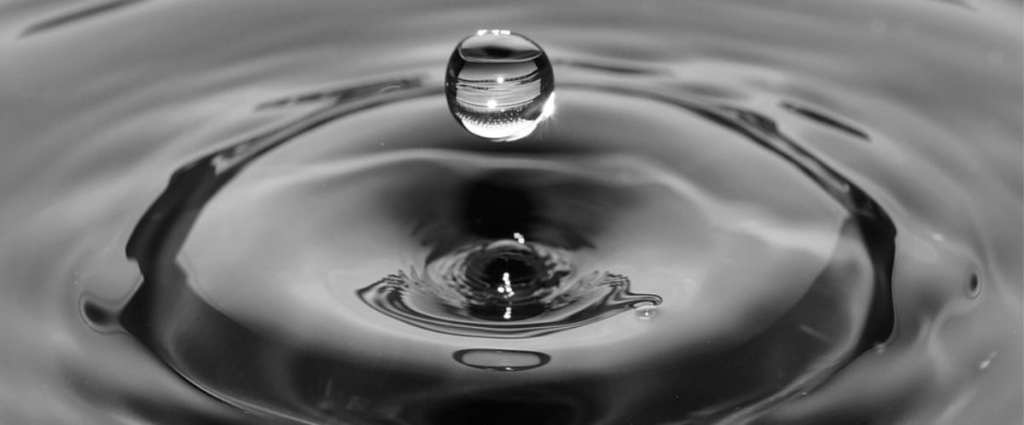As someone who has experienced kidney issues – and who has recently been pregnant and breastfeeding – I’ve heard my fair share of the advice “make sure you drink a lot of water!”
As a mom, I’m guilty of worrying over whether my kids are hydrating well enough, too, especially on these hot summer days. Dehydration causes fatigue, saps endurance, and can interfere with your mood and ability to concentrate.
And while the National Academy of Medicine does recommend adults drink between 91 and 125 fl oz of water every day, guzzling the stuff morning, noon, and night may not be the optimal way to keep hydrated.
https://www.instagram.com/p/B01IPoUB3bX/
Especially, says professor of public health David Nieman, if you’re not drinking it with a meal.
“If you’re drinking water and then, within two hours, your urine output is really high and is clear, that means the water is not staying in well…plain water has a tendency to slip right through the human digestive system when not accompanied by food or nutrients.”
In fact, if you think your clear urine is a sign you’re doing something right, that’s not exactly the case, either, according to the Cleveland Clinic – it’s a sign of “overhydration” in most cases.
https://www.instagram.com/p/B1G25h3JCav/
A 2015 study found that many kinds of drinks help you rehydrate – some as efficiently as water – and that several different elements come into play when considering how much H2O is absorbed in the process. Their research found that if you ingest water along with animo acids, fats and other minerals, it seems to help the body retain the much needed hydration.
For that reason, orange juice, milk, tea, and sports drinks were all good options when hydration is your goal.
“People who are drinking bottles and bottles of water in between meals and with no food, they’re probably just peeing most of that out,” Neiman confirms.
https://www.instagram.com/p/B1HNkPOhJsl/
Also? Drinking too much water can actually be harmful.
“In athletes or people who are exercising for hours, if they’re only drinking water, they can throw out too much sodium in their urine, which leads to an imbalance in the body’s sodium levels,” Nieman adds.
The result can be a potentially deadly condition called “hyponatremia,” and in those cases, sports drinks and other beverages that contain nutrients are a better option.
Even if you’re not an athlete, there are better ways than pounding water all day to keep your body and your brain running at optimal levels. Sipping water prevents an overload in the kidneys and helps your body retain and use the water you’ve drank.
https://www.instagram.com/p/B1HN0FiHR9a/
Another good tip is to drink water before, during, and immediately after a meal or snack.
“Drinking water with amino acids or fats or vitamins or minerals helps the body take up more of the water, which is why beverages like milk and fruit juice tend to look pretty good in these hydration studies.”
Some of Neiman’s own research suggests that even eating a banana would be a better way to recover from a workout than drinking a bunch of water.
The long and short seems to be that you can and should keep drinking water, but it’s not a bad idea exercise more discretion in the whens and hows – not so much all at once, and taken with food whenever possible.
“Water is good for you,” Neiman cracks, “but you can drown in it, too.”
Words to live by.






